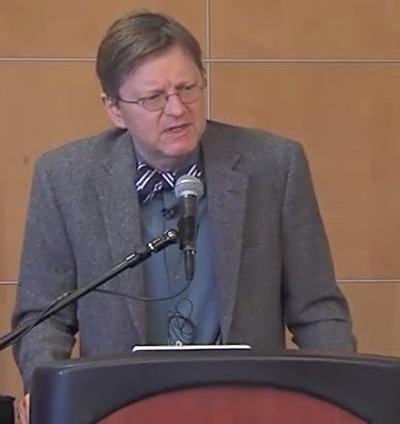Enough time has passed to share this. It was send in June of 2021.
PDF of the Review (click here)
My favorite part is the part on nonsense, found in footnote 4. :
4 Let us use this analogy. In Star Wars, there is this thing called “the force.” It’s described as some kind of energy field that only a lucky few can access and wield -- not through the science of engineering (an appliance), mind you, but rather through acute senses of inner feeling. Along similar lines, Wittgenstein’s T believes outer-worldliness is a felt experience arriving only through fortunate or keen happenstance. The difference, however, is that no scientific statements can occur about it, unlike in Star Wars, where you can say true or false things, such as, “The force is an energy field.” To Wittgenstein, the logical form of this P is fine. It’s a scientific statement. So if Wittgenstein was watching Star Wars, we would assume he would consider this P not to be metaphysics (gassing), but instead to be either a revelatory truth in groundbreaking physics or a foolish hilarity (as Hans Solo did) along the lines of saying that the Earth is flat. That would be the logical form of this P. The grammar here seems quite similar to those who talk of “string theory” in physics. Such things are most surely not “unsayable” in a Tractarian universe. And so, we have to understand what the logical form of premises about “outer-worldliness” amount to. What we are talking about in the T are stuff like this: “God is good.” “Bach made better music than Beethoven.” “Jesus is Lord.” “All things have non-physical essences called Forms,” “The Good different from the Beauty.” Each of these P’s is nonsense in Tractarian terms, but only some are so “strictly speaking,” while others -- the last two -- are patent nonsense. See T at 6.4312.
